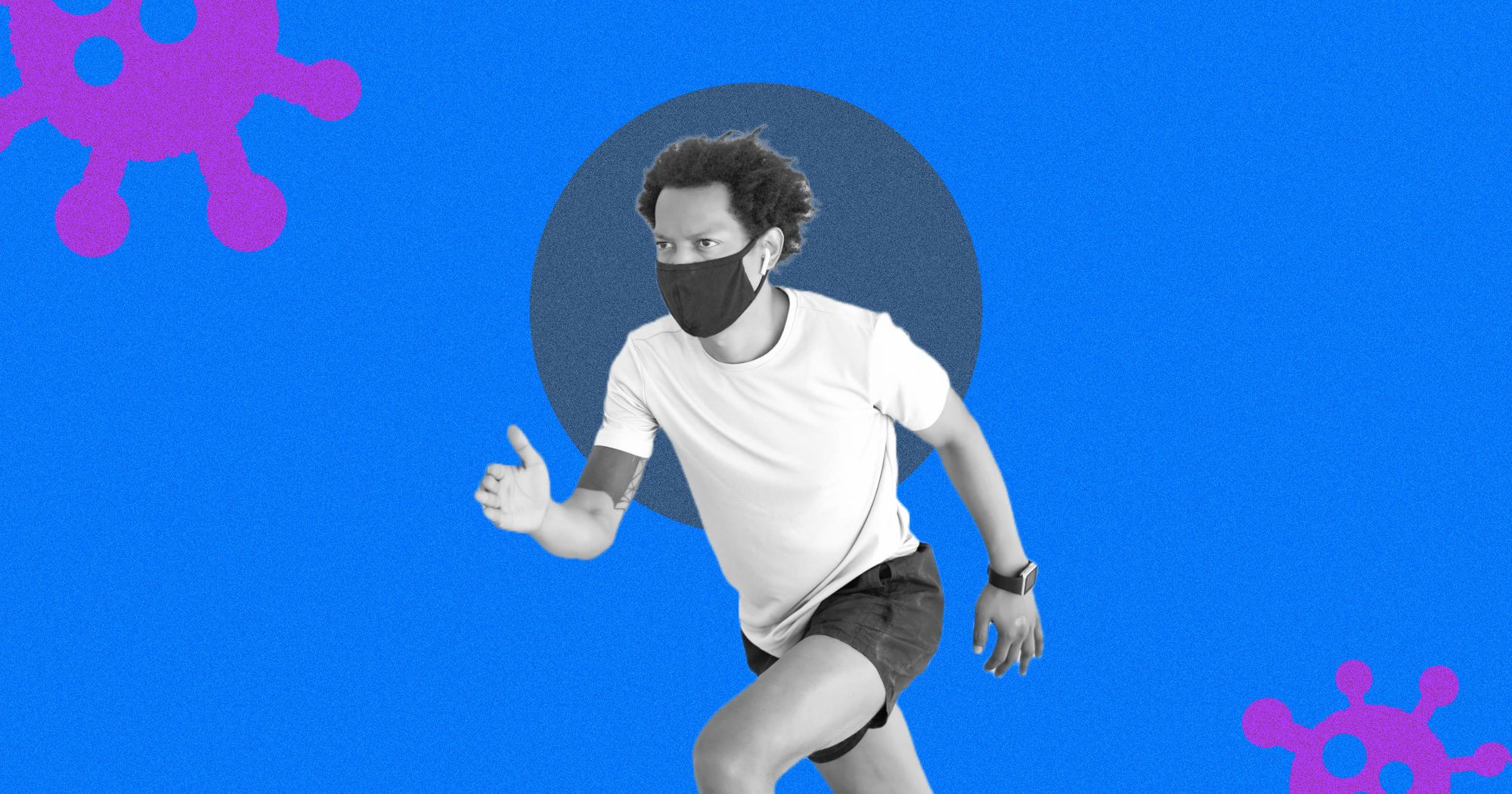In these uncertain times where the reality of the world has changed so much in a span of months, now it is on us humans to follow the smallest of habits to bring things back to normal.
We are living during difficult times because of the coronavirus pandemic. Those challenges can affect us both physically and emotionally. It’s hard to keep the same routine when you have to physically distance yourself from others, especially if you’re at higher risk of getting really sick from the virus. That makes preparing meals a special challenge. Here are some tips that can support you and your household both physically and mentally:
What is normal now, you will ask? Well, we all can’t keep doing things normally and wait for things to go back to normal. Things have never been so messed up in the world when it comes to diseases. Keeping in mind that we were in the middle of a worldwide pandemic caused by a coronavirus which spread from respiratory particles, the practice of small and key measures to keep yourself and people close to you safe and away from diseases should come in handy.
From common cold and fever to some of the deadliest chronic diseases prevention can be easy if certain measures can be followed in your day-to-day life. Your health is the secret to long-lasting and joyful life free of diseases. Keeping this in mind, let us look at some of the prevention measures to follow to help you to keep the onset of infectious diseases as low as possible.
Practice healthy habits in day-to-day life
This is one of the most common traits missed by us humans in our fast-paced life. The realization of health only hits someone after being struck by disease or chronic pain. So, the need to follow basic healthy habits is important more than ever.
First and foremost, we should eat healthy homemade food as much as possible. Avoid junk food and prepare our food carefully. A plentiful intake of fruits, vegetables, dairy, seafood, legumes, nuts and other rich vitamin and protein sources is recommended. Avoid consuming too much meat and sugar.
Exercise regularly, even if it is for 30-odd minutes. Picking up a physical activity such as running, yoga or swimming is even better. This might help keep bacteria away from our lungs and change the antibodies in our white blood cells (WBC), the body's immune system cells that fight disease.
Sanitize properly and wash your hands regularly to keep yourself at a low risk of contracting flu or other diseases.
Cut out or quit smoking. Smoking leads to numerous diseases, and these can be prevented if we quit smoking for good.
Protecting yourself from disease carriers
You are a risk of some disease or virus which spread indirectly through other species. Being careful outside will directly help in the contracting of disease.
You must be careful around wild or stray animals which are not friendly to you. There is a possibility that the germs carrying the virus can be transferred to you.
Take proper precautions around lice, ticks and mosquitoes. They are dangerous sources of disease spread, case and point being malaria.
While going out for outdoor activities such as hiking or trekking you much stay alert. Drinking contaminated water is one of the major sources of catching a disease and can be easily avoided.
Avoiding the use of intravenous drugs. This will make lower your body's immunity and you will be more vulnerable to infectious diseases. Avoid sharing syringes or blades to reduce your chances of contracting infectious diseases.
Vaccination, medication and disease prevention
It is of the utmost importance that you protect yourself and the people around you if there are early symptoms of a disease.
If you show symptoms of flu or common cold avoid contact with others and keep yourself isolated at home. You will help to spread the flu or virus, and this minimizes the number of infected patients.
Consulting your doctor after the onset of symptoms is vital and must not be avoided for your safety.
Always consume medicines prescribed by your doctor and avoid self-medicating oneself. Your doctor knows best, and you should always consult in case of emergency or worsening situations.
Immunization for children and older people is critical. They are the most vulnerable and at-risk during the onset of diseases. You need to be up to date with their immunization.
Regular screening and check-ups with your doctor are good ways to keep a track of your physical condition and if a specific process is required for you.
Rehabilitation and recovery
There will be chances where it was too late for you to know the onset of a disease and hence you had to be treated for a disease. With proper planning and managing the recovery, you can be better equipped to treat yourself for chronic disease or long-term injury.
Managing chronic recoveries such as chemotherapy according to a person's medical history. This will ease the pain to the person being treated and lead to better recovery.
Enrolling self on a support group or consulting a psychologist post-treatment of disease. This is very important to overcome the psychological barrier of a disease.
Vocational training should be recommended by employers to employees joining work after a long-term disease or injury. This will give the recovered person renewed vigour to start his day-to-day life
As the proverb rightly points out prevention is better than cure. Doing the smallest of things in a sustained and healthy to combat disease, can go a long way in helping you and society prevent infectious viruses and other chronic diseases at bay.
The following precautionary measures are easy to follow and maintain. It goes without saying that, special measures advised by doctors, authorities or government officials need to be followed strictly.
The chances of improving your health and preventing diseases are in your hands. You should invest some time and effort into it. This will help you lead a prolonged life without diseases and keep you physically and mentally healthy throughout your life.






